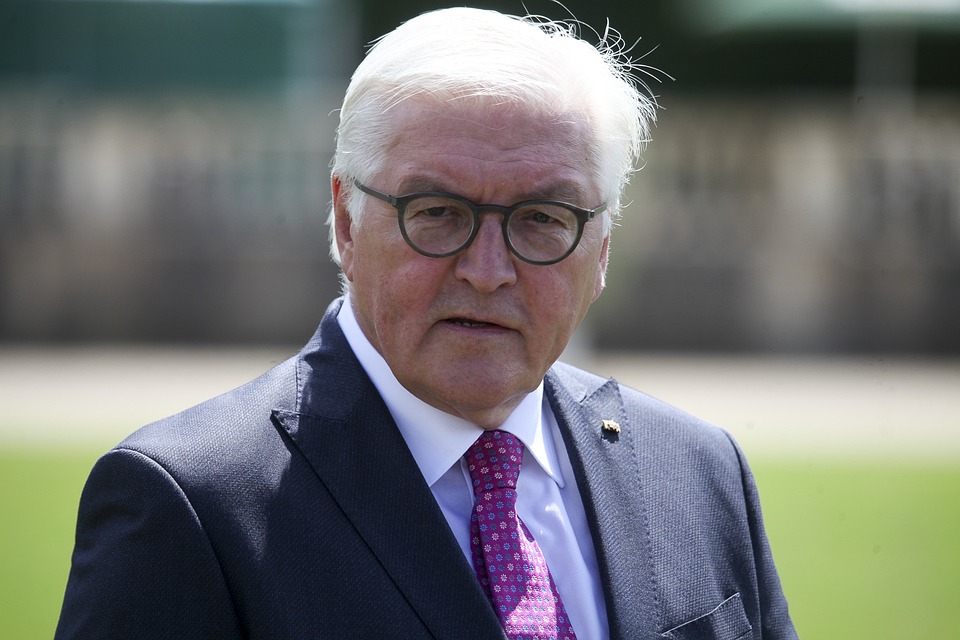In recent years, there has been a significant push for increased gender diversity in Oklahoma politics. With a history of predominantly male leadership, there has been a growing recognition of the importance of including more women in decision-making positions. Oklahoma has made strides in breaking barriers and making history by electing women to key roles in government and advocating for gender representation in all levels of political leadership.
The Current Landscape of Gender Diversity in Oklahoma Politics
Historically, Oklahoma has been a predominantly conservative state with a strong emphasis on traditional gender roles. This has led to a lack of gender diversity in politics, with men holding the majority of leadership positions. However, in recent years, there has been a shift towards greater inclusion of women in key roles within the government.
Currently, Oklahoma ranks below the national average for female representation in political office. As of 2021, women make up only 17.6% of the Oklahoma Legislature, with 14 women serving in the House and 6 women serving in the Senate. While this is an improvement from previous years, there is still much work to be done to achieve true gender parity in Oklahoma politics.
Breaking Barriers and Making History
Despite the challenges of breaking into the male-dominated world of Oklahoma politics, women have made significant strides in recent years. In 2018, Kendra Horn made history by becoming the first woman to represent Oklahoma’s 5th Congressional District. Her victory was a groundbreaking moment for gender diversity in Oklahoma politics and paved the way for other women to follow in her footsteps.
In addition to Kendra Horn, Oklahoma has also seen other women break barriers in politics. In 2019, Governor Mary Fallin appointed the first female Chief Justice of the Oklahoma Supreme Court, Noma Gurich. Gurich’s appointment marked a significant milestone for gender diversity in the state’s highest court and demonstrated the progress being made towards greater female representation in leadership positions.
The Importance of Gender Diversity in Politics
Gender diversity in politics is not just about representation – it is about ensuring that all voices are heard and valued in the decision-making process. Studies have shown that gender-diverse teams are more innovative, collaborative, and effective at finding solutions to complex problems. By including women in political leadership positions, Oklahoma can benefit from a wider range of perspectives and experiences that can lead to better outcomes for all citizens.
Increased gender diversity in politics also sends a powerful message to future generations of women and girls. When young girls see women in positions of power and influence, they are more likely to believe that they too can achieve their dreams and make a difference in the world. By breaking down barriers and making history in Oklahoma politics, women are paving the way for a more inclusive and equitable future for all.
Challenges and Opportunities for Gender Diversity in Oklahoma Politics
While progress has been made towards greater gender diversity in Oklahoma politics, there are still many challenges that need to be addressed. One of the main obstacles facing women in politics is the lack of support and resources available to help them navigate the political landscape. From fundraising to networking to campaign strategy, women often face additional barriers that can make it difficult for them to run for office.
However, there are also many opportunities for increasing gender diversity in Oklahoma politics. Organizations such as the Oklahoma Women’s Coalition and the League of Women Voters are actively working to support and empower women in politics. By providing resources, training, and advocacy, these groups are helping to level the playing field and ensure that women have the tools they need to succeed in political leadership roles.
Conclusion
Gender diversity in Oklahoma politics is crucial for ensuring that all voices are heard and represented in the decision-making process. While progress has been made towards greater inclusion of women in key roles in government, there is still much work to be done to achieve true gender parity in Oklahoma politics. By breaking down barriers and making history, women are paving the way for a more inclusive and equitable future for all citizens. It is essential that we continue to support and empower women in politics so that they can continue to make a difference and lead our state towards a brighter future.
